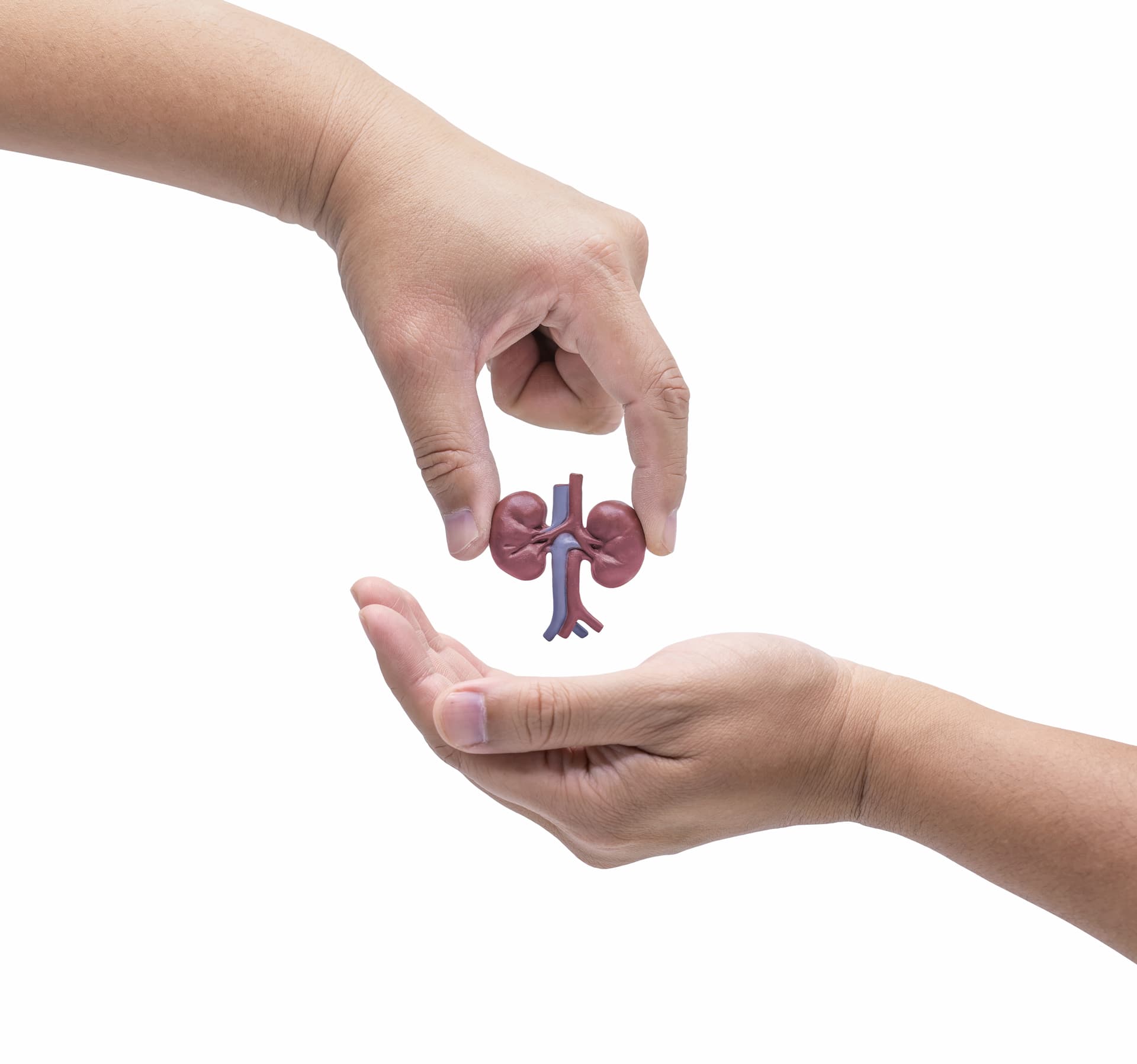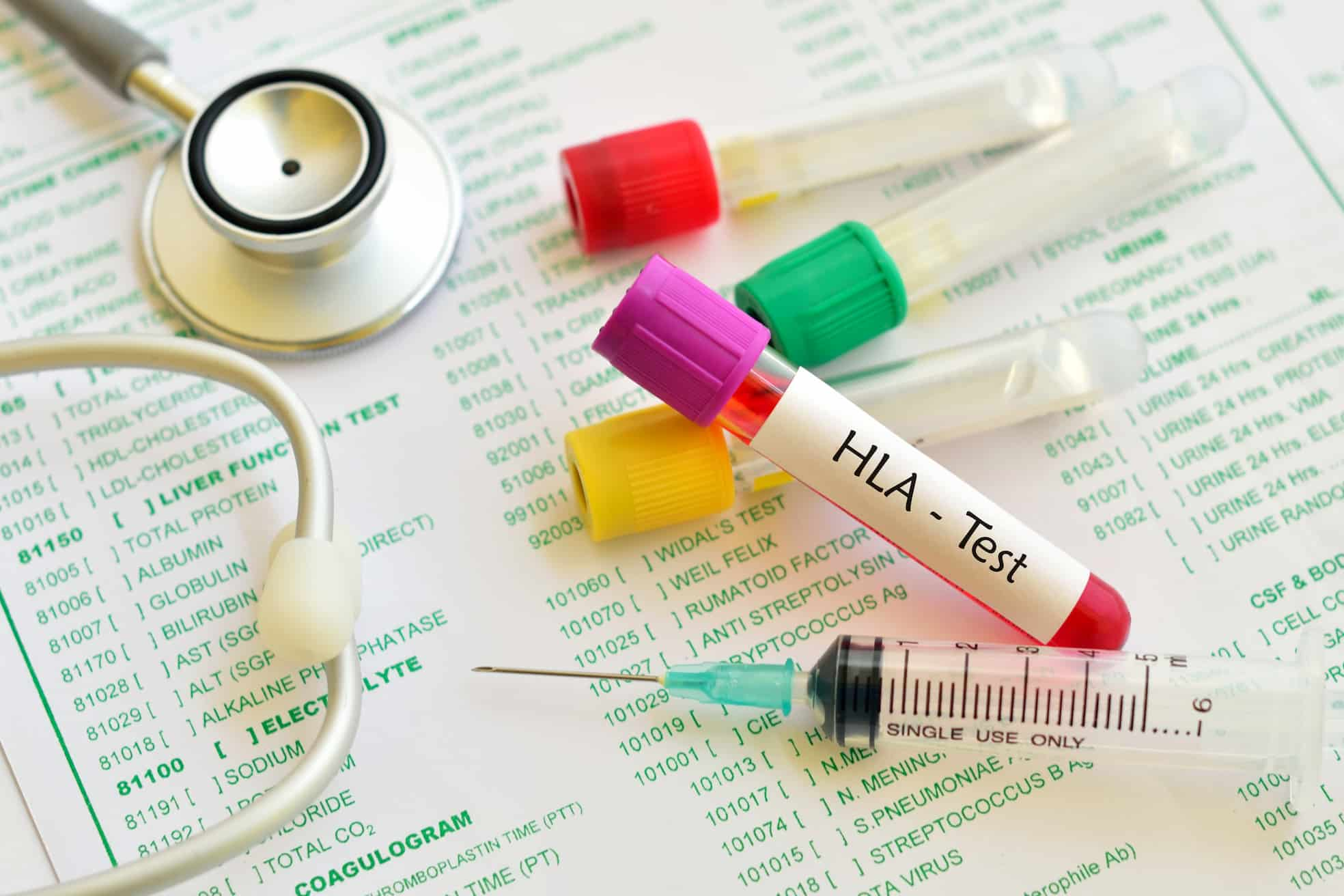- Positive Crossmatch Kidney Transplant
- Negative Crossmatch Kidney Transplant
- Understanding Crossmatch Test Results
- Benefits of Crossmatch Testing for Kidney Transplant
- Increases the Success Rate of Transplantation
- Reduces the Risk of Complications
- Determines the Appropriate Immunosuppressive Therapy
- Saves Time and Resources
- The Importance of Crossmatch Testing for Kidney Transplant
- The Study of Crossmatch Testing For Kidney Transplant

Crossmatch Test for Kidney Transplant
Kidney transplantation is a life-saving treatment option for people with end-stage renal disease (ESRD). However, kidney transplant success depends on several factors, including the compatibility between the donor and the recipient. The crossmatch test is a crucial step in the kidney transplant process that evaluates the compatibility between the donor and the recipient to prevent graft rejection.
In this article, we will discuss what a crossmatch test for kidney transplant is, positive and negative crossmatch kidney transplant, understanding crossmatch test results, the importance of crossmatch testing, and whether crossmatching between family members is necessary.
What is a Crossmatch Test for Kidney Transplant?
A crossmatch test is a blood test that evaluates the compatibility between the donor and the recipient before a kidney transplant. The test detects the presence of antibodies in the recipient’s blood that react with the donor’s cells. The crossmatch test is crucial in identifying potential incompatibilities that can cause hyperacute rejection or early acute rejection of the transplanted kidney. It involves mixing the recipient’s serum with the donor’s cells to determine whether there are any antibodies that react with the donor’s cells.
If the crossmatch test shows the presence of antibodies against the donor’s cells, it indicates that the recipient’s immune system will recognize the transplanted kidney as a foreign object and attack it, leading to graft rejection. In such cases, the transplant is considered high-risk, and the transplant team may choose to delay or cancel the transplant.

Positive Crossmatch Kidney Transplant
A positive crossmatch result indicates that the recipient has performed antibodies that react with the donor’s cells, suggesting that the transplant is incompatible. A positive crossmatch kidney transplant is considered a high-risk transplant as it increases the risk of acute rejection, delayed graft function, and decreased graft survival.
However, some patients may still undergo a positive crossmatch kidney transplant in exceptional circumstances. In such cases, the transplant team may use a process called desensitization to lower the level of antibodies in the recipient’s blood before the transplant. Desensitization involves plasmapheresis, which removes the antibodies from the patient’s blood, and immunoglobulin therapy, which provides antibodies that do not react with the donor’s cells.
Negative Crossmatch Kidney Transplant
A negative crossmatch result indicates that there are no antibodies in the recipient’s blood that react with the donor’s cells, suggesting that the transplant is compatible. A negative crossmatch kidney transplant is considered a low-risk transplant as it decreases the risk of acute rejection, delayed graft function, and increased graft survival.
Understanding Crossmatch Test Results
The crossmatch test results are classified into three types: positive, negative, and weakly positive. A positive crossmatch result indicates incompatibility, a negative crossmatch result indicates compatibility, and a weakly positive crossmatch result is inconclusive, requiring further investigation.
A weakly positive crossmatch result indicates the presence of low levels of antibodies in the recipient’s blood that may or may not react with the donor’s cells. In such cases, the transplant team may conduct additional tests, such as flow cytometry or lymphocytotoxicity testing, to determine the degree of incompatibility and the risk of graft rejection.
Benefits of Crossmatch Testing for Kidney Transplant
Crossmatch testing is an essential step in the kidney transplant process as it helps to identify the compatibility between the donor and recipient. The test is used to determine whether the recipient has pre-formed antibodies against the donor’s antigens, which can lead to graft rejection and transplant failure. The importance of crossmatch testing for kidney transplant cannot be overemphasized, as it has several benefits, including:
Increases the Success Rate of Transplantation
The crossmatch test helps to identify incompatibility between the donor and recipient before the transplantation process. By identifying incompatibility, the chances of graft rejection and transplant failure are significantly reduced, leading to an increased success rate of transplantation. The crossmatch test ensures that the transplanted kidney is compatible with the recipient’s immune system, increasing the chances of a successful transplant.
Reduces the Risk of Complications
If the crossmatch test result is positive, indicating incompatibility, the transplantation process cannot proceed. This reduces the risk of complications that can arise from graft rejection, such as infections, hospital readmissions, and the need for repeat transplantations. By identifying incompatibility before the transplantation process, the risk of complications is significantly reduced, leading to a safer and more successful transplant.
Determines the Appropriate Immunosuppressive Therapy
If the crossmatch test result is negative, indicating compatibility, the transplantation process can proceed. However, immunosuppressive therapy is still necessary to prevent graft rejection. The crossmatch test result helps to determine the appropriate immunosuppressive therapy for the recipient after the transplant. The appropriate immunosuppressive therapy reduces the risk of graft rejection, leading to a more successful transplant.
Saves Time and Resources
By identifying incompatibility before the transplantation process, time and resources are saved. A positive crossmatch test result indicates incompatibility, and the transplantation process cannot proceed, saving the time and resources that would have been spent on an unsuccessful transplant. Identifying incompatibility early also reduces the need for repeat transplantations, which can be time-consuming and costly.
Crossmatch testing is a crucial step in the kidney transplant process that helps to identify the compatibility between the donor and recipient. The test increases the success rate of transplantation, reduces the risk of complications, determines the appropriate immunosuppressive therapy, and saves time and resources. It is essential to conduct a crossmatch test before performing a kidney transplant to increase the chances of a successful transplant and minimize the risks of rejection and failure.
The Importance of Crossmatch Testing for Kidney Transplant
The crossmatch test is a crucial step in the kidney transplant process as it determines the compatibility between the donor and the recipient. It is essential to prevent hyperacute rejection or early acute rejection of the transplanted kidney, which can lead to graft failure and death.
Moreover, the crossmatch test also helps in identifying potential incompatibilities and high-risk transplants that require desensitization or may need to be delayed or canceled. The test helps in optimizing the success rate of kidney transplantation by ensuring that the transplanted kidney functions properly and improves the recipient’s quality of life. Therefore, it is essential to conduct a crossmatch test before performing a kidney transplant to increase the chances of a successful transplant and minimize the risks of rejection and failure.
The Study of Crossmatch Testing For Kidney Transplant
In a study published in the American Journal of Transplantation in 2019, researchers analyzed the outcomes of kidney transplant patients who underwent crossmatch testing. The study, conducted over a span of five years, found that patients who received kidneys from donors with negative crossmatch results had significantly lower rates of graft rejection and higher overall transplant success compared to patients with positive crossmatch results. This research underscores the crucial role of crossmatch testing in enhancing the success rates of kidney transplantation and minimizing the risks of rejection and failure.
Crossmatching Between Family Members – Is It Necessary?
The crossmatch test is essential, regardless of the relationship between the donor and the recipient. However, the probability of compatibility between family members is higher than unrelated donors. Family members share genetic similarities, which increases the likelihood of compatibility, and the transplant success rate is also higher in family members.
However, crossmatching between family members is still necessary as it helps identify potential incompatibilities that can lead to graft rejection. Additionally, family members can also have different blood types or be positive for certain antibodies, making crossmatching crucial to identify compatibility accurately. Therefore, conducting a crossmatch test between family members is necessary to ensure the success of kidney transplantation and minimize the risks of rejection and failure.
Crossmatch Testing with Healthy Turkiye
In conclusion, the crossmatch test is a crucial step in the kidney transplant process that evaluates the compatibility between the donor and the recipient. The test helps in preventing hyperacute rejection or early acute rejection of the transplanted kidney, which can lead to graft failure and death. A positive crossmatch result indicates incompatibility, while a negative crossmatch result indicates compatibility.
Crossmatching between family members is necessary as it helps identify potential incompatibilities and accurately determine the compatibility between the donor and the recipient. Therefore, it is essential to conduct a crossmatch test before performing a kidney transplant to increase the chances of a successful transplant and minimize the risks of rejection and failure.




